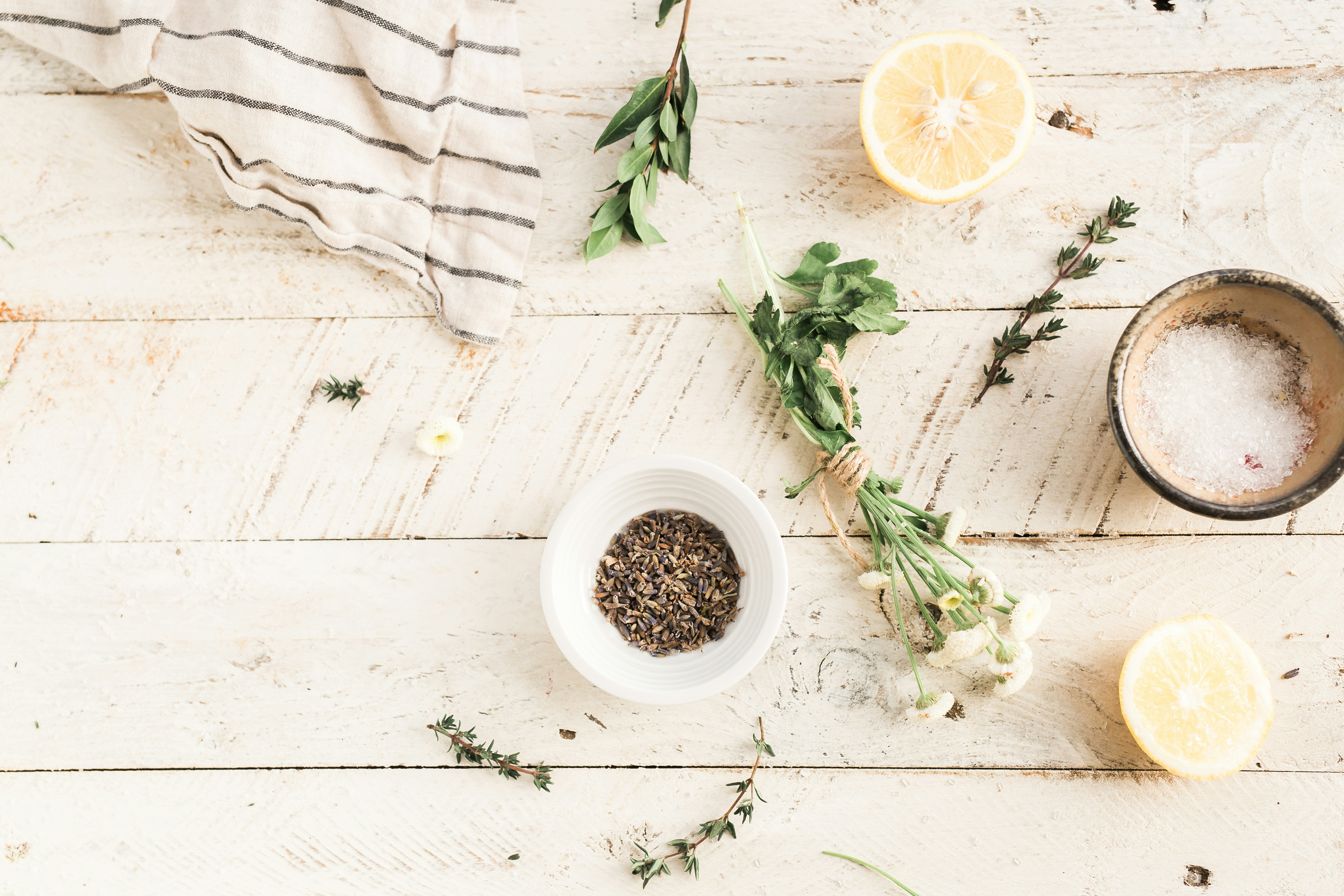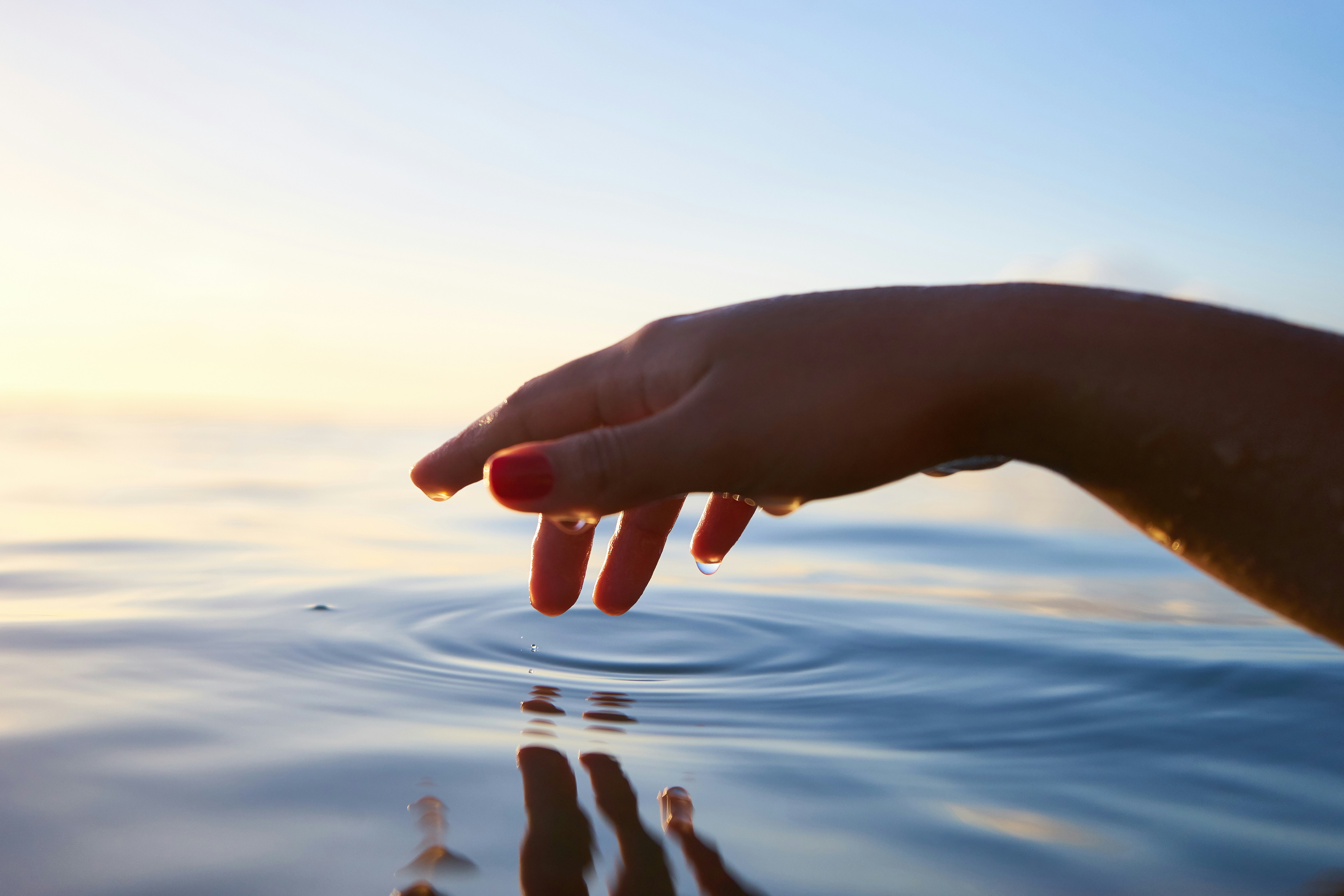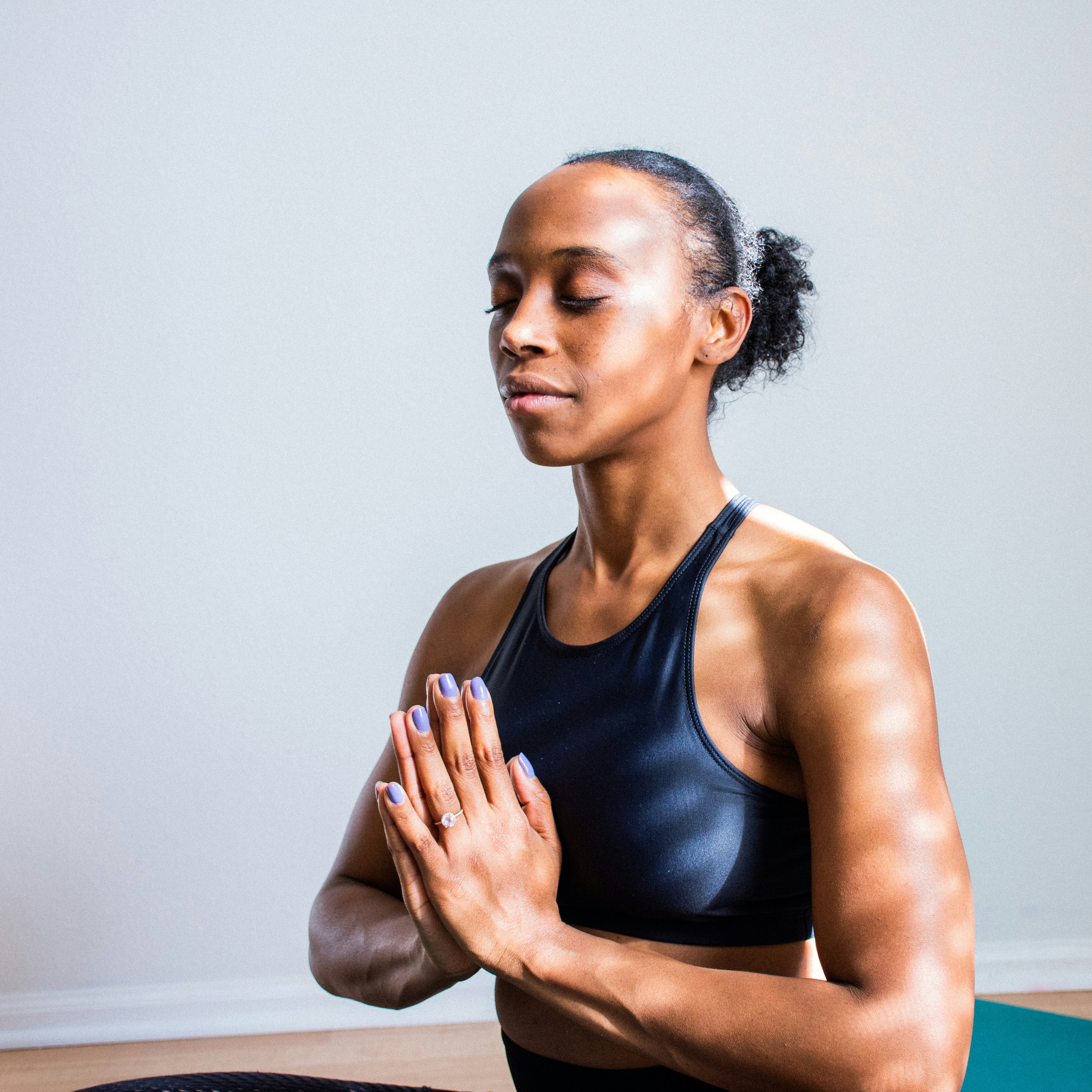Have you ever wondered how to incorporate cold plunging into your wellness routine without overwhelming your schedule or compromising other beneficial practices? It’s a question that many wellness enthusiasts face when trying to balance multiple health practices. Cold plunging has seen a rise in popularity, akin to yoga, meditation, or even intermittent fasting. Its benefits, from boosting circulation to enhancing mental resilience, are undeniable. However, ensuring it complements rather than competes with other aspects of your wellness routine is crucial.
Understanding Cold Plunging
Cold plunging involves immersing yourself in cold water for a short period. This practice can instantly invigorate you, leading to both physical and mental health benefits. But what makes cold plunging appealing and why are more people turning to it?
The Physiological Benefits
When you immerse yourself in cold water, your body experiences significant physiological changes. The abrupt temperature change stimulates your cardiovascular system and can enhance circulation. This practice can also reduce muscle inflammation and speed up recovery, a reason it’s favored by athletes. When done regularly, cold plunging can contribute to overall health improvements such as increased metabolism and improved mood.
The Psychological Edge
On the psychological front, cold plunging challenges your mental fortitude. Stepping into cold water is not just about physical endurance; it’s about building resilience. Regularly pushing your limits in this controlled manner can make you feel more in control in other aspects of life.
Other Popular Wellness Practices
While cold plunging is compelling, it’s important to remember that it is just one tool in your wellness toolkit. Many other practices can complement cold plunging and together enhance your overall well-being.
Yoga and Its Harmony with Cold Plunging
Yoga is more than a form of physical exercise; it’s a mindfulness practice. Its focus on breath work and bodily awareness aligns beautifully with cold plunging. After a cold plunge, you might find a new depth in your yoga practice, with enhanced focus and a calm mind.
Meditation for a Balanced Mind
Much like yoga, meditation can help ground you. Engaging in meditation regularly can enhance the meditative aspects of cold plunging by helping you center your thoughts and reduce anxiety.
The Role of Nutrition
Nutrition is foundational in maintaining energy levels and overall health. Consuming a balanced diet ensures your body has the nutrition required to support cold plunging and other wellness practices. Whole foods, such as fruits, vegetables, lean proteins, and whole grains, provide the necessary nutrients to keep you energized.
Crafting Your Personal Wellness Routine
When you’re juggling multiple wellness practices, creating a harmonious routine can be likened to crafting a symphony. Each component must complement the others to create a holistic experience.
Prioritization and Scheduling
Establishing a routine begins with prioritizing your wellness goals. What are you hoping to achieve? Enhanced mental clarity, physical recovery, or stress reduction? Once you’ve pinpointed your objectives, integrating activities like yoga, meditation, and cold plunging becomes more straightforward.
Frequency and Duration
To optimize your routine, consider the frequency and duration of each activity. You might start with cold plunging a few times a week, gradually integrating yoga or meditation on alternating days. Consistency is crucial; it’s better to engage in these practices regularly for short periods than sporadically for extended durations.
| Practice | Frequency | Duration | Notes |
|---|---|---|---|
| Cold Plunging | 2-3 times/week | 5-10 min | Ideal duration for beginners |
| Yoga | 3-4 times/week | 20-60 min | Practice in the morning or post-plunge |
| Meditation | Daily | 10-20 min | Morning or evening for best absorption |
| Nutrition Focus | Daily | All meals | Balanced intake based on individual needs |
Listening to Your Body
Your body is constantly communicating with you. Listening intently can prevent overexertion and injury. If your body is fatigued, it may be more beneficial to engage in a gentle yoga session or focused meditation instead of intense cold plunging.
Measuring Progress and Adjusting Accordingly
Like any wellness endeavor, measuring your progress with cold plunging and associated practices is vital. This not only provides motivation but also ensures you are reaping all possible benefits.
Tracking Physical Changes
Noting physical changes post-plunge can provide insight into how your body is responding. Are you experiencing reduced muscle soreness, improved skin tone, or enhanced energy levels? Keep a journal or use a wellness app to track these changes.
Evaluating Mental Shifts
The mental benefits of these practices often come gradually. Feelings of increased calmness, focus, or resilience can be indicators that your routine is benefiting your mind. Reflecting in a journal can help you monitor these subtle shifts.
Flexibility in Your Regimen
Remember, flexibility is key. It’s easy to fall into the trap of rigidity with wellness routines, but life’s demands are dynamic. Adjust your practices as needed to maintain balance and enjoyment.
Challenges and How to Overcome Them
No path is without obstacles, and embarking on this multifaceted wellness journey is no exception. You’ll inevitably face challenges in maintaining balance.
Time Constraints
One of the most common barriers is time. Carving out even minutes daily for wellness can be daunting between work, family, and other responsibilities. Consider early morning sessions or brief afternoon resets such as a quick meditation or plunge.
Cold Plunge Resistance
For some, the thought of voluntarily immersing in cold water can induce anxiety or reluctance. Start slowly, perhaps with a cold shower, gradually working up to full immersion. Visualize the positive outcomes to help overcome initial hesitations.
Plateau in Progress
Feeling stagnant in your progress can be demotivating. Introducing variety, such as different yoga styles or meditation practices, can reignite enthusiasm and spur further growth.
The Social Aspect of Wellness
Including others in your wellness journey can offer support and accountability. Sharing experiences, attending group class sessions, or engaging in a buddy system can enrich your experience.
Community Support
Joining a community, whether it’s online or in person, fosters a sense of belonging and encouragement. Communities often host events, challenges, or discussions that can invigorate your practice.
Sharing Experiences
By sharing your journey with friends or loved ones, you not only receive support but provide inspiration. Others might adopt new wellness practices as they see positive changes in you.
The Essence of Balance
Ultimately, the goal of integrating cold plunging with other wellness practices is to find a balance that enhances your life. Each practice should bring joy and benefit, contributing to an overall sense of wellness.
Continuous Learning
The wellness journey is perpetual. New insights and methods emerge regularly. Stay curious and open-minded, continually learning and adapting your practices.
Embracing Imperfection
Perfection is not the goal; progress is. Embrace imperfection in your routine and be gentle with yourself when things do not go as planned. Finding balance is a personal and fluid journey.
In the end, balancing cold plunging with other wellness practices is about creating a track that harmonizes with your lifestyle and aspirations. With time, patience, and a touch of determination, you’ll find your rhythm and experience the transformative effects of a balanced wellness routine.




